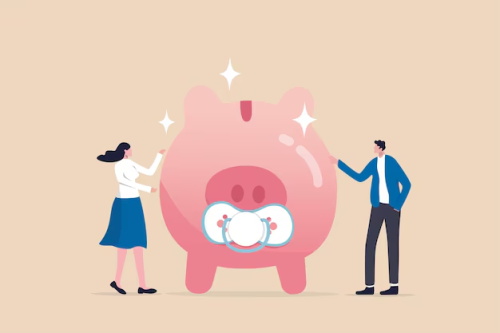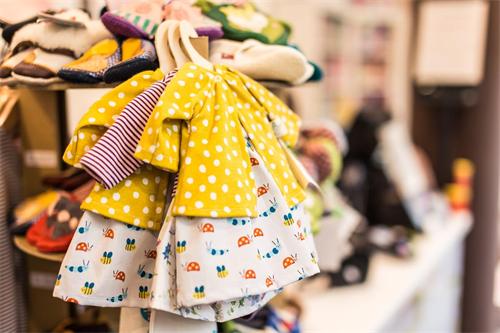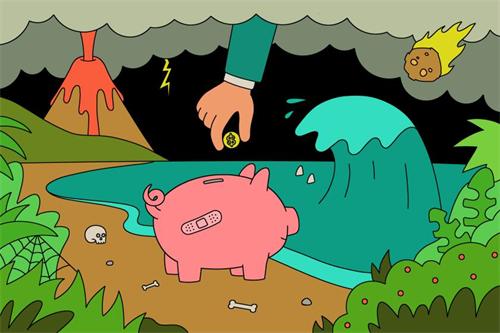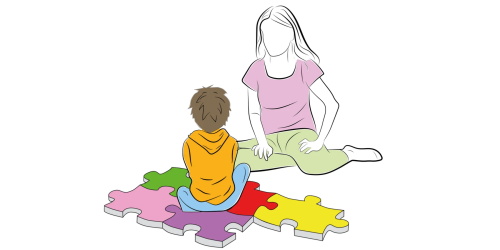Why Are So Many Millennial Parents Choosing to Be Child-Free After One Kid?
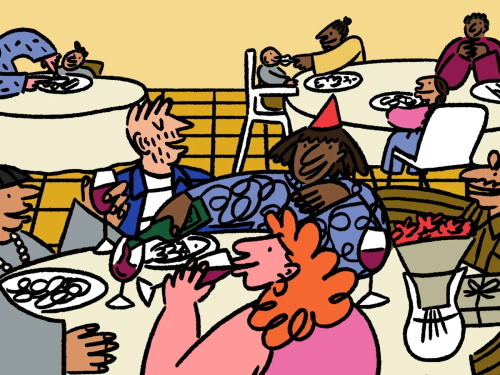
In the past, having multiple children in a family was the norm—and even a survival strategy. For thousands of years, due to limited medical resources and high infant mortality rates, having several children was a way to ensure the family line would continue. In the 19th century, over 40% of children died before reaching the age of five. In such times, children weren’t just heirs; they were also an essential part of the household workforce.
But times have changed. In the 21st century, with improved birth control, higher levels of female education, delayed marriage, and rising living costs, millennials—those born roughly between 1981 and 1996—are redefining what an ideal family looks like. More and more young parents are deciding that one child is enough. This approach, sometimes dubbed “one and done,” is quickly becoming a global trend.
Only-Child Families Are Becoming the Norm
The data tells the story clearly. In the EU, 49% of families with children have just one child. In countries like Bulgaria, Portugal, Romania, and Lithuania, that number exceeds 55%. Even in nations traditionally known for larger families—like Ireland and Sweden—the proportion of only-child families has reached 40%. In Canada, the percentage rose from 37% in 2001 to 45% in 2021. In the U.S., only-child families have grown from one-third of families 40 years ago to 43% today.
Intentional Parenting Meets Real-World Pressure
“We want to give him the best—but we only have one ‘best’ to give.” This sentiment captures the mindset of many parents with one child. For them, raising one child with high quality care already stretches their energy and resources to the limit. Especially in urban areas, the costs of education, healthcare, extracurricular activities, and housing are astronomical. In the U.S., the average cost of raising two children exceeds \$310,000 (excluding college tuition). In the U.K., raising one child costs nearly £195,000; in Australia, over AUD 107,000.
But it’s not just about money. It's also about time and mental bandwidth. Today’s parents often strive to be hands-on, deeply involved in every aspect of their child’s life. Add in job stress and limited social support, and one child already feels like more than enough.
Working Women Pay a Higher Price
For working mothers, having a child doesn’t just mean more caregiving—it can mean stalled or derailed careers. In Europe, each child a woman has reduces her average earnings by 3.6%; in Germany and the Netherlands, that number jumps to 6%. In the U.S., the wage gap between mothers and child-free women is stark: 13% for women with one or two kids, and 17.5% for mothers of three.
So it’s no surprise that many women, after experiencing the toll of their first child, decide not to have another. Beyond the physical recovery from childbirth, they often face reduced promotion prospects, less job security, and greater workplace bias.
Shifting Family Experiences and Parenting Philosophies
Interestingly, many parents who choose to stop at one child come from large families themselves. But rather than seeing siblings as a “gift,” they remember the competition, the conflicts, and the unequal division of attention and resources. That experience informs their decision to raise an only child in a more stable, supportive environment.
Modern parenting also emphasizes quality over quantity. Many believe that with enough love and intentional guidance, a single child can grow up socially capable and emotionally secure. Siblings are no longer considered essential for healthy development—children can build close bonds with friends, cousins, or through community.
Anxiety in an Uncertain World
The instability of today’s world also weighs heavily on family planning decisions. In recent years, global events like the COVID-19 pandemic, war, economic recession, and inflation have left young people feeling deeply uncertain about the future. The job market is also shifting dramatically. A McKinsey report estimates that by 2030, about 800 million jobs could be lost to automation. Low-skill workers are most at risk, and new high-skill jobs aren't being created fast enough to close the gap. These trends make expanding a family feel financially and emotionally risky.
The internet has also expanded millennial parents’ worldview. With access to diverse perspectives and lifestyle choices, more people are opting out of traditional life paths: delaying marriage, staying single, going child-free, or stopping after one child. These decisions aren’t just practical—they reflect evolving values. For many, life is about more than raising children. Personal fulfillment, quality of life, and individual freedom matter just as much.
A New Definition of Family
Millennials are redefining what it means to have a family. Children are no longer the automatic center of life—parenthood is one possible path among many. Having only one child isn’t a sign of selfishness or lack of ambition; it’s a thoughtful response to reality. It’s not about “having less,” but about “choosing wisely.”
In a world full of uncertainty, choosing to have just one child may be the most rational—and gentle—way this generation is saying yes to life on their own terms.
Recommended for you:
